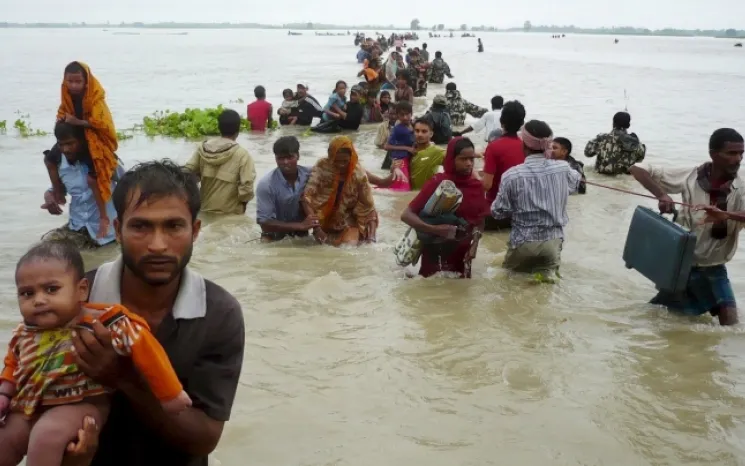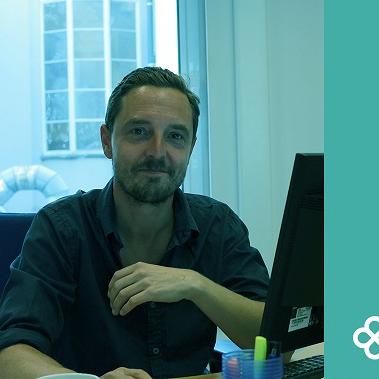
As the UNHCR Global Trends report marks another sad record with 82,4 million refugees and internally displaced, the European contribution to ensure protection remains disproportionately modest.
As the UNHCR Global Trends report marks another sad record with 82,4 million refugees and internally displaced, the European contribution to ensure protection remains disproportionately modest. 86% of the world’s 26,4 million refugees remain in developing countries, 48 million are displaced in their own country and just 4,1 million asylum seekers globally – some of those in Europe. In fact, EU and member states continue to operate from a starting point of prevention of arrivals rather than to ensure protection.
Along the European borders and beyond the situation is one of lawlessness and impunity – violations of human rights with little or no risk of consequences, where violent pushbacks by land or sea, arbitrary detention and the lack of even basic support and assistance is becoming the norm. Along the Balkan route an ever expanding toolbox of deterrence methods are applied including beatings, sexual violence, robbery or destruction of personal property committed either by police or militia-like groups. In the Aegean Sea mounting evidence reveals how Greek authorities systematically push people arriving back at sea at evident risk of their lives. On the Mediterranean thousands of people have drowned while the civil search and rescue fleet is under a crackdown from European governments, or have been intercepted and returned to Libya by the so-called Libyan coast guard funded by the EU where they face abuse, violence and possible death.
EU and member states continue to increase cooperation to prevent arrivals, ensure readmissions or implement forced deportations, with poor, unstable countries with very dubious human rights records – a trend that undermines European international diplomacy and credibility as well as its development, humanitarian and human rights work that has been sacrificed to escape responsibility for people in need of protection. Additionally, the internal functioning and political consensus of the EU has suffered significantly as a deeply divisive and destructive race to the bottom has become the order of the day, where member states compete to be the least attractive for asylum seekers and refugees undermining fundamental rights and dividing ‘new’ and ‘old’ citizens along the way.
There is real and strong opposition to this negative trend. From politicians at local level – mayors seeking to solve social consequences of failed EU and state policies or cities across Europe offering to host people in need of relocation, from opposition parties in national parliaments fighting to contain and reverse harsh and rigid policies by governments across Europe, and from individual MEPs and parliamentary groups mainly on the green left but also at the political centre, raising their voices of concern.
However, the policies dictating the European response to the global refugee crisis remain narrowly focused on prevention since 2015 at the peak of arrivals. Which becomes even more questionable (read grotesque) in the context of public opinion studies revealing that their citizens have become more not less supportive of people in need of protection, when aging European populations and low birth rates demands new citizens, and when these new citizens in fact contribute substantially in vital sectors as service and health as we have seen during the COVID pandemic.
While European politicians have failed to come up with rational solutions, and to a large extend allowed a populist discourse based on myth, misinformation and simplifications to define the debate, civil society, activists, human rights organisations and institutions have struggled to bring back reason, pragmatism and proportionality into the equation. Their success will be a determining factor for Europe’s ability to take a real responsibility for a global displacement crisis that is increasing by the year – let’s hope our politicians will listen!



Add new comment